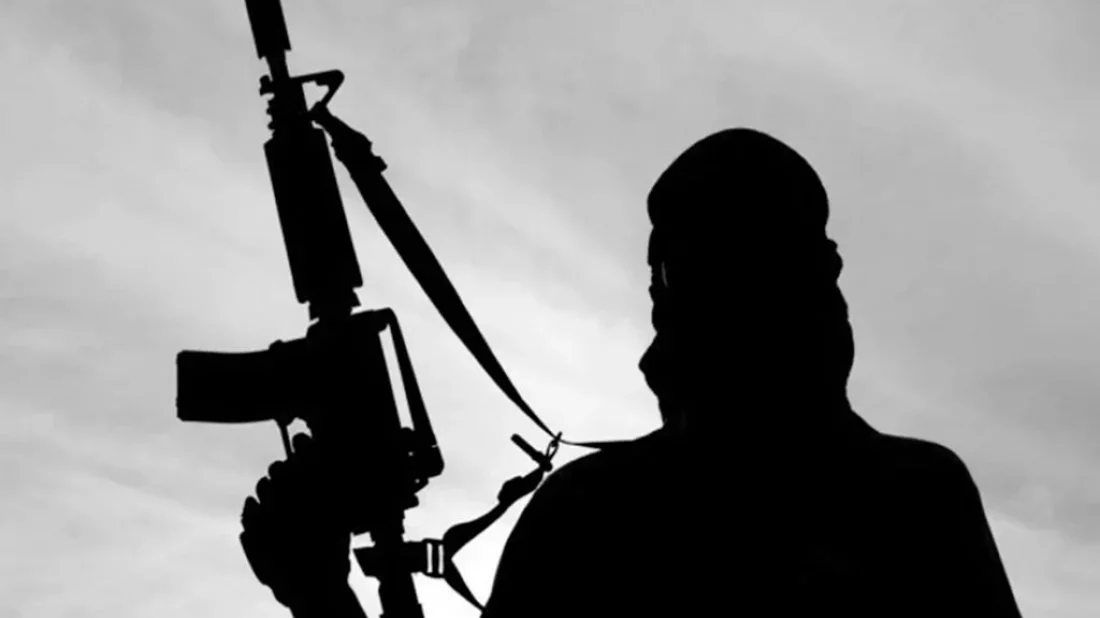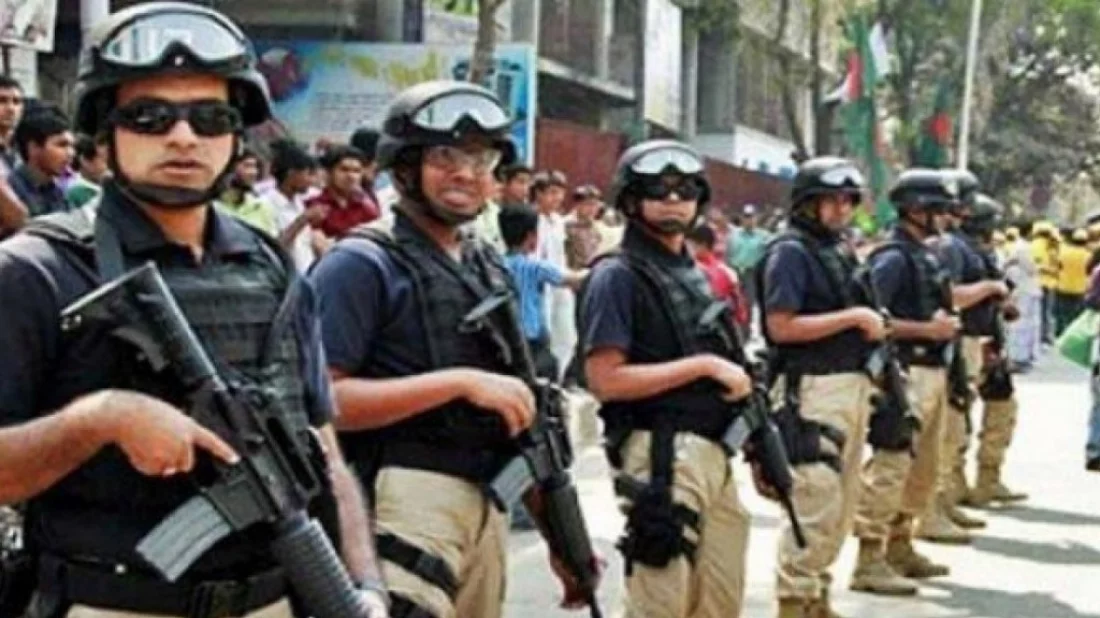
On August 17, 2005, militants blasted bombs in 63 districts of the country simultaneously within a span of 30 minutes. Around 18 years have passed since that incident but the trial of the cases is not over yet.
On the contrary, the activities of the banned outfit Jama’atul Mujahideen Bangladesh (JMB), the militant group responsible for the attack, have not stopped. Although somewhat cornered, the JMB is still active under the current ameer, Sheikh Salahuddin Salehin, who is trying to organize JMB hiding in neighbouring country India.
On February 23, 2014, three militant leaders, including Salahuddin, were snatched by their accomplices from a prison van in Trishal, Mymensingh. One of them was killed in a crossfire that night and one was arrested in India. But Salahuddin escaped.
Those concerned said that 104 people were injured and two killed in the series of bomb attacks. Militants announced their collective presence in the country through the attacks. A leaflet describing the goal of the militant group of establishing Shariah was found everywhere where the blasts took place.
However, the JMB, which started its operations in 1998, has been carrying out attacks since 2001.
Law enforcement officials said that 159 cases were registered across the country in that incident. In 142 cases, the police issued charge sheets and final reports were given in 17 cases. After the investigation, the investigating officers issued charge sheets against 1,131 people in these cases while 1,023 militants were arrested at various times.
Of the cases, 118 have been decided in the last 18 years., The court sentenced 322 people to different terms and 358 people were acquitted. On the other hand, 15 top militants including JMB Ameer Shaikh Abdur Rahman, and top leadersSiddiqul Islam alias Bangla Bhai and Ataur Rahman Sani were hanged.
According to prosecution lawyers, the proceedings of several cases have been stalled for the last few years due to lack of witnesses. Trials in these cases are not completed due to the absence of witnesses. Again, the appeals filed by hundreds of militants against the judgments of various judicial courts are being heard in the High Court.
Court sources said 18 cases were filed in the Dhaka metropolitan area in connection with the bomb attack. Police and RAB arrested 91 people in these 18 cases. Police gave charge sheets against 56 people. Although the trial proceedings of 14 cases have been completed, currently four cases are still under trial. These are at the stage of receiving evidence. Officials said many of the witnesses in the pending cases could not be traced to their previous addresses. Many died, and some left the area. Because of this, it has become challenging to produce the witnesses of these old cases in court.
Still active
JMB was formed in 1998 by Shaikh Abdur Rahman. They started operations by dividing the six regions of Bangladesh. For the first two years after its establishment, recruitment and training of personnel were carried out through invitational activities. Since 2000, he started collecting money by robbing various NGOs. On September 28, 2001, they bombed a cinema hall in Satkhira. The following year, another cinema hall in Natore on May 1 and four cinema halls in Mymensingh were bombed simultaneously on December 7.
At the same time, JMB's top leader Bangla Bhai carried out massive killings and torture in various areas of Rajshahi, Naogaon and Natore in the name of killing extremism.
Officials of the law and order forces engaged in combating militancy said that the then four-party coalition government had direct and indirect support during the rise of JMB. But after the serial bombings of 2005, the then government was shaken. At that time, the law and order forces conducted a raid and arrested the top leaders of the JMB, including Shaikh Abdur Rahman. But they have continued their activities secretly. Maulana Saidur Rahman was announced as the new ameer.
After the arrest of Maulana Saidur Rahman in 2010, infighting started over the leadership of JMB. In this context, in 2014, a faction became a follower of the international militant organization Islamic State and formed the neo-JMB.
On February 23 of the same year, the top three JMB leaders Salahuddin, Mizanur Rahman alias Boma Mizan and Hafeez Mahmud were kidnapped by JMB members in Trishal, Mymensingh.
Officials of Dhaka’s Counter-Terrorism and Transnational Crime (CTTC) Unit said Salahuddin was trying to become active with old associates while in hiding. A person named Rezaul Haque was given the responsibility to run the activities in the country. But Rezaul was arrested in 2021.
CTTC Deputy Commissioner SM Nazmul Haque said: "Due to our operations, the old JMB is cornered. Salahuddin is trying to rebuild the organization from hiding. They have some activities centred on the northern districts. We have kept them under regular surveillance.”
Officials say although JMB received regular donations from various countries in the Middle East, they used to collect money by robbery. According to them, a part of the looted money should have been donated to the organization's fund.
Earlier, they used to loot valuables from NGO offices. In 2015, JMB members robbed a bank in Ashulia. In the middle of 2021, the Dhaka Metropolitan Police’s Detective Branch found the involvement of militants behind multiple robberies in different areas of the capital.
The JMB members who are in jail motivated the professional thieves and robbers and convinced them to join their group to commit robbery. They profess that such robberies are justified.
Those concerned said that the JMB is now trying to collect money in other ways including monthly fees and robbery due to the decrease in foreign donations.












